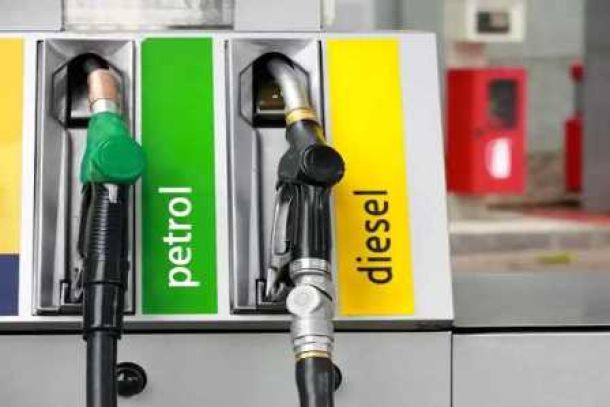South Africans can’t afford to save
Less than 6 percent of households are able to save money and it’s only when household incomes approach R700 000 that most can save.
These findings are contained in the Standard Bank Consumer Affordability report released this week.
“Only 5.5 percent of South African households potentially have the ability to save, as they have positive net income balances,” it said.
The report, the fourth in a series of seven by the bank, also found that the country’s affluent households, with an annual income of R2.36 million or more, could potentially save up to 65 percent of their after-tax income.
On the other end of the spectrum, the report found that 94.6 percent of the population were potential dis-savers. Dis-saving occurs when people spend more than they earn.
This problem was particularly acute for people whose combined household income was less than R86 000 a year.
“Households in the lowest income brackets tend to under-report their income as they generate income informally and not from formal employment,” the report said.
It said the dis-saving for the households between R86 000 and R688 000 a year was slightly negative. These households were trying to stay afloat by getting credit to finance their consumption, which exceeded their income, it said.
Households in the lowest income brackets sometimes under-reported their income, according to the report.
They do this because they generate income informally, rather than through formal means of employment.
Such households also get remittances or gifts of money from more wealthy individuals in their family which help keep them afloat.
Julie Smith, of the Pietermaritzburg Agency for Community Social Action, said people in the lower social groups could barely make ends meet and would most likely not be able get credit from traditional financial institutions.
She said people often had to get by, by getting credit at spaza shops or money from loan sharks or mashonisa, to pay for food and basic necessities like school transport.
“It is for survival,” she said.
Smith said loan sharks, who are unregulated, could charge people between 100 percent and 200 percent in interest.
She quoted the Reserve Bank as saying that for every R100 many in the lowest income brackets got, about R77 went to servicing debt. She said the money that was left went towards paying for necessities.
Smith said a study by the agency had found that a food basket, which included essential goods such as mielie meal, cooking oil and vegetables, cost R1 629 in April last year. The food basket cost R1 924 this year. she said.
Smith also said it was hard to advise people to tighten their belts “because there is no belt to tighten anymore”.
DAILY NEWS
News Category
- International retailers
- On the move
- Awards and achievements
- Legislation
- Wine and liquor
- Africa
- Going green
- Supplier news
- Research tools
- Retailer trading results
- Supply chain
- Innovation and technology
- Economic factors
- Crime and security
- Store Openings
- Marketing and Promotions
- Social Responsibility
- Brand Press Office
Related Articles

Good signs for petrol prices in South Africa

Eskom wants to hike electricity prices by up to...

Big petrol price drop tipped for July

Fuel price cuts bigger than expected


